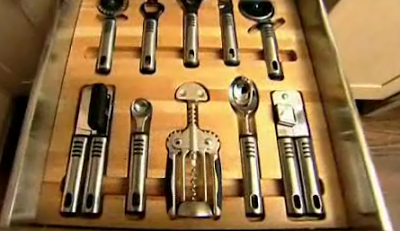Two years!
The inaugural post on this website was published two years ago to the day, and starting tomorrow, we’ll be moving forward into year three.
Time flies like a banana, doesn’t it? Over the past year, the site has grown and evolved. Due to personal obligations (I’ll be heading up in a few short months to matriculate at a PA program), I confess that the output of general content has dropped off. In comparison to the 81 posts made in the first year, this past year I cranked out only 34. Despite that, annual traffic has swelled from 30k unique visitors to over 72,000.
Some things stay the same. The most popular pages are still the What it Looks Like series (which we continued with a popular edition on Cardiac Arrest and CPR), the Drug Families: Anticoagulants and Antiplatelets tutorial, and our guide to orthostatics. We keep talking about how to be a good EMT, and ran some posts about the basic challenges of patient care and how to manage them. In keeping with the basic mission of the site, we discussed things like performing great BLS-level resuscitation.
But some things change. We ran a new multi-part guide on glucometry that was well-received, and a series of posts examining BLS airway and ventilation that have become some of the most popular on the site. We tried our first collaborative community podcast and experimented with video lecturing.
Perhaps most excitingly, we launched our most ambitious project yet: Scenarioville, an alternate reality allowing us to present frequent everyday patient scenarios in a consistent environment. Although we’re still tinkering with the format, after the first 16 scenarios I’m very happy with how it’s working out, and I think it allows for learning in a unique way. The only downside is that it’s also a time sink — by making a commitment to post a new scenario every week, with chapters added Monday-Wednesday-Friday, I’ve had less time for producing new front-page posts with real meat behind them.
What’s next? It remains to be seen how the site will continue to unfold, particularly as my spare time becomes increasingly thin. But I’ll keep punching out as much good stuff as I can — and there’s a new project unveiling soon that’ll bring things in a whole different direction. I think you’ll like it.
The good folks I acknowledged last year still deserve a nod. And I want to extend my thanks to everybody in the audience who’s been reading, commenting, and sharing across social media; this content wouldn’t have reached nearly as many eyes otherwise, and perhaps I wouldn’t still be creating it.
I also want to give a wave and a tip of the hat to a smaller gang of friends. There’s a circle of some very smart and passionate folks who I’m proud to know, namely Christopher Watford, Vince DiGiulio, David Baumrind, Tom Bouthillet, and others. Through collegial discussion, sharing circulating noteworthy cases, bouncing ideas hither and yon, and overall collaboration in the best spirit of EMS 2.0 and the internet age, they’ve had a tremendous influence upon my way of thinking, my bank of knowledge, and my belief in the education of prehospital providers. Keep an eye on them, because people with this much dedication and brainpower can’t help but change the world.
I hope everybody has learned something from these pages and enjoyed the process a little bit too. And I hope to see everyone again, and new faces too, as we move forward into another year.
Stay safe and sane, and check back soon.


Recent Comments